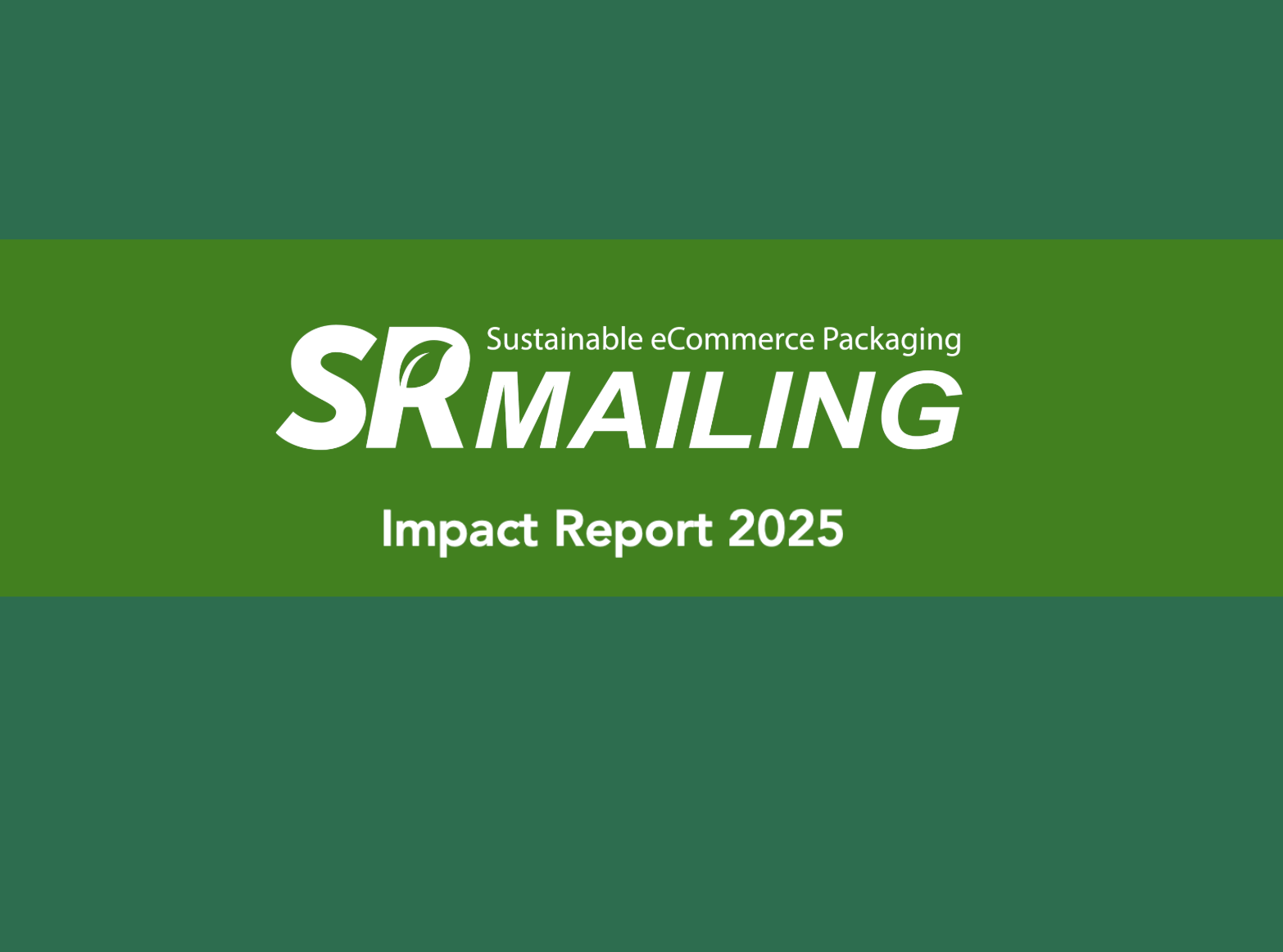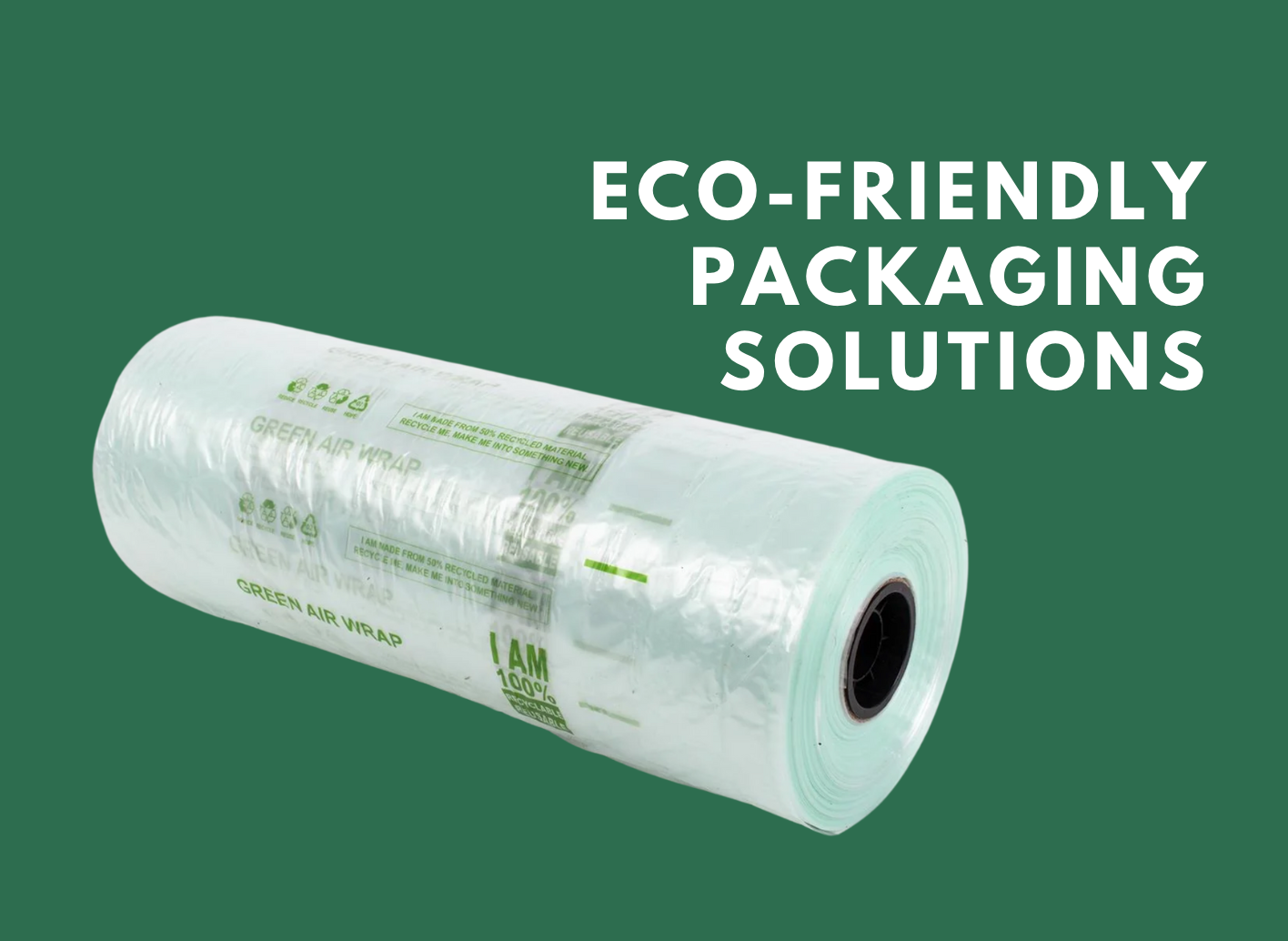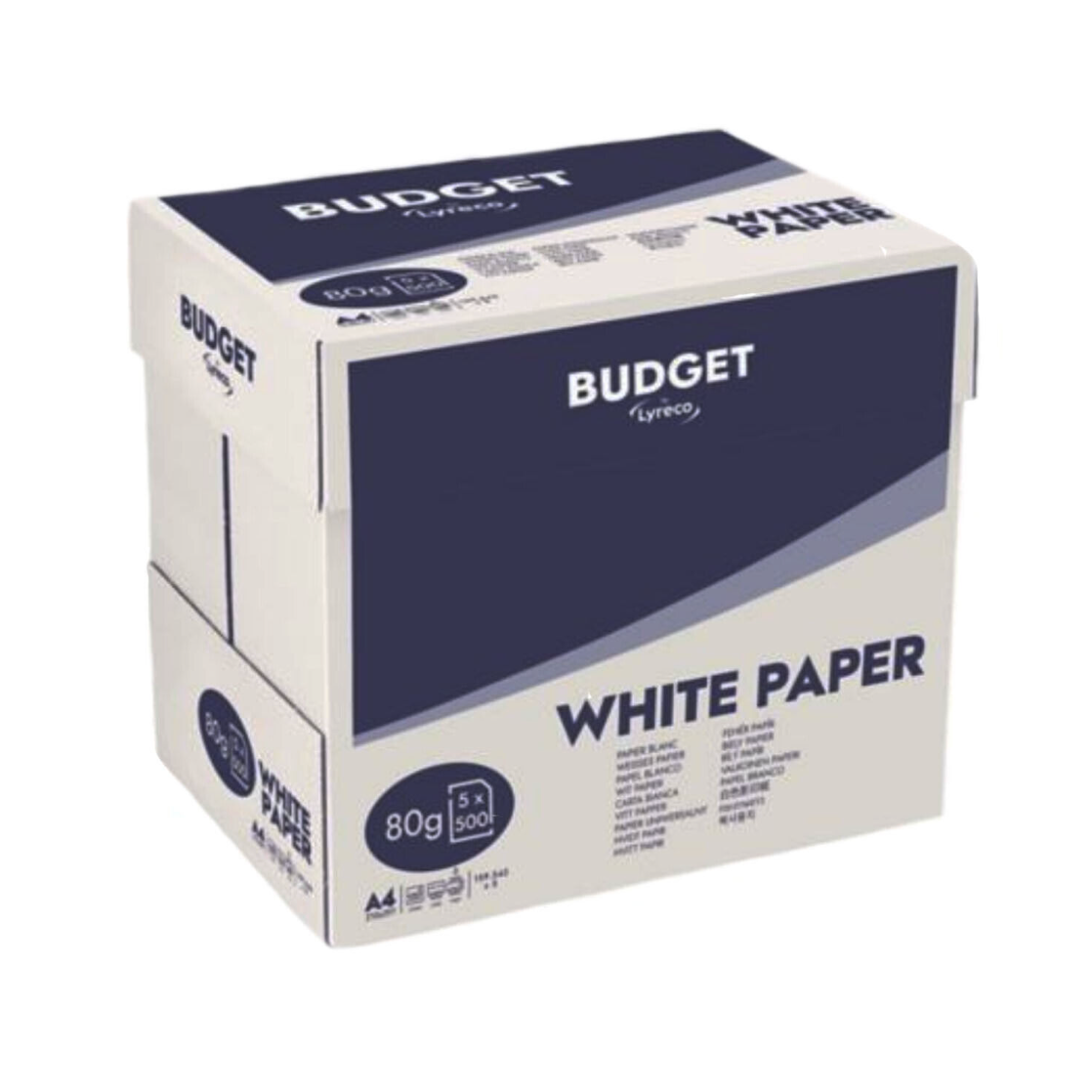
SR Mailing Impact Report 2025
At SR Mailing, we are committed to ensuring transparency and accountability across our business operations.
Read More
SR Mailing: Putting Corporate Social Responsibility into Action
We firmly believe that paving the way for a greener and better future involves actively giving back to our community.
Read More
A Closer Look at Sustainable Packaging: What You Might Want to Know
Let’s unpack some of the most talked-about alternatives and ideas in the world of sustainable packaging.
Read More
SR Mailing x University of Leeds: Launching a KTP Project to Revolutionise Sustainable Packaging with AI
AI-powered customer support to recommend ideal eco-packaging.
Read More
A Guide to Understanding Thermal Labels
In this guide, we’ll explore what thermal labels are, their benefits, and the most popular sizes used in the e-commerce...
Read More
The Ubiquity of Cardboard Boxes in E-Commerce: Why They Matter
Whether you’re a business owner or a consumer, the next time you receive a package, take a moment to appreciate...
Read More
The Evolution of Packaging: Embracing Green Air Cushions for Sustainability
They function similarly to bubble wrap but with a more sustainable composition.
Read More
Crash Lock Boxes: The New Star in Packaging
Crash lock boxes are getting a lot of attention right now in the packaging sphere, and rightly so. They’re a...
Read More
Navigating the Plastic Tax: Why Now is the Time to Invest in Eco-Friendly Packaging
With the recent hike in the UK plastic tax, businesses relying on plastic packaging face significant financial challenges. As consumer...
Read More
